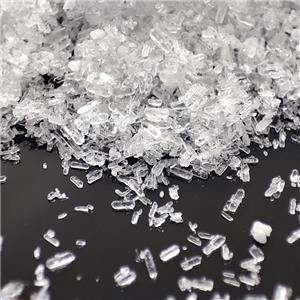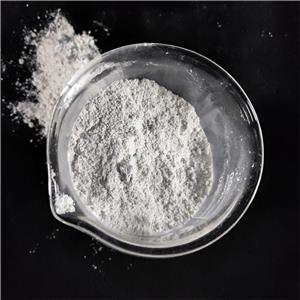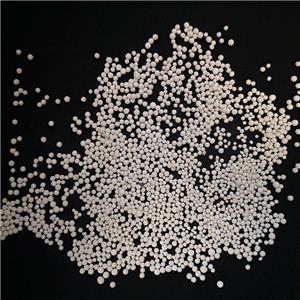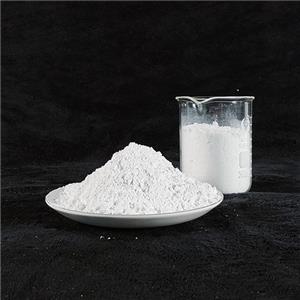Is Magnesium Hydroxide Safe for Humans?-2
Magnesium hydroxide, a compound with the chemical formula Mg(OH)₂, is commonly used in a variety of medical and industrial applications. In medicine, it is often used as an antacid to treat indigestion and as a laxative for constipation. It is also an ingredient in some topical products, such as skin care lotions and ointments. The question of whether magnesium hydroxide is safe for humans has been the subject of scientific research and clinical trials. In general, magnesium hydroxide is considered safe when used appropriately, but like any substance, it must be used with caution and in accordance with recommended dosages.
Medical Uses of Magnesium Hydroxide
Magnesium hydroxide is primarily known for its use as an over-the-counter antacid and laxative. As an antacid, it neutralizes stomach acid and provides relief from heartburn, acid reflux, and indigestion. It works by increasing the pH of the stomach contents, reducing acidity and preventing irritation to the stomach lining. When used as a laxative, magnesium hydroxide works by drawing water into the intestines, which softens stool and facilitates bowel movements.
These uses are well-established, and magnesium hydroxide is generally considered safe for short-term use. It is commonly included in many over-the-counter medications, such as milk of magnesia, for treating constipation or acid reflux.
Safety and Side Effects
Magnesium hydroxide is generally safe when taken in the recommended doses, but excessive consumption can lead to several side effects. One of the most common side effects is diarrhea, as the compound can draw too much water into the intestines. Prolonged use or high doses may lead to dehydration, electrolyte imbalances, and disturbances in the digestive system.
Additionally, people with kidney problems should use magnesium hydroxide with caution. The kidneys are responsible for excreting excess magnesium from the body, and individuals with kidney impairment may have difficulty eliminating magnesium. This could lead to an accumulation of magnesium in the blood, resulting in hypermagnesemia, a condition that can cause symptoms such as muscle weakness, low blood pressure, difficulty breathing, and cardiac arrest in severe cases. Therefore, individuals with kidney disease or those on dialysis should consult their healthcare provider before using magnesium hydroxide.
Magnesium Hydroxide in Topical Products
Magnesium hydroxide is also used in topical products, such as lotions and ointments, where it can help soothe irritated skin and reduce inflammation. In these formulations, the compound is generally considered safe for external use. However, individuals with sensitive skin or allergies to magnesium compounds may experience irritation, redness, or rash, in which case they should discontinue use and consult a healthcare professional.
Conclusion
Magnesium hydroxide is generally safe for human use, particularly when taken in appropriate amounts for its intended purpose. It is a widely used antacid and laxative that offers effective relief for conditions like heartburn and constipation. However, like any compound, it carries some risks when used in excess or in individuals with pre-existing health conditions, particularly those with kidney disease. As with any medication or supplement, it is important to follow recommended dosages and consult a healthcare provider before use, especially for those with underlying medical conditions. By doing so, the safety and effectiveness of magnesium hydroxide can be ensured for most people.




